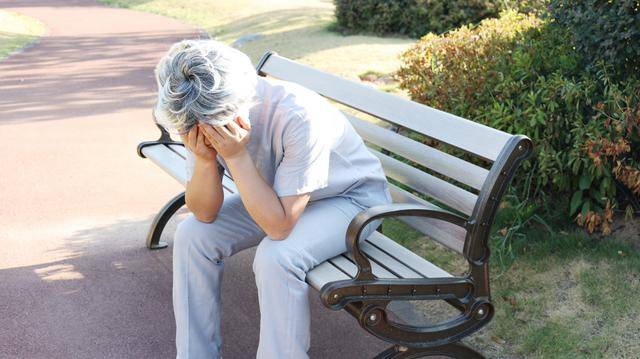As men age, their physical functions gradually decline, with prostate issues being particularly prominent. Especially as men reach their 50s and 60s, the incidence of prostate diseases significantly increases. Therefore, protecting the prostate is crucial for maintaining male health. So why should men protect their prostate more after 50 or 60 years of age? This article will explore in detail the physiological functions, common problems, and protective measures of the prostate, helping male friends understand and care for their prostate health better. Firstly, understanding the physiological function of the prostate is necessary. The prostate is an important organ of the male reproductive system, located below the bladder and alongside the urethra. Its main function is to secrete prostatic fluid, which contributes to semen composition and has a significant impact on sperm activity, ejaculation, and fertility. Additionally, the prostate also has certain endocrine functions, secreting small amounts of male hormones to maintain normal male reproductive system functions.
However, as men age, the prostate is prone to a range of issues. The most common is prostate enlargement, where the prostate gradually increases in volume, leading to urethral compression and affecting urination. Additionally, the prostate is susceptible to infections, stones, and other diseases. These conditions not only affect the quality of life for men but may also cause damage to the urinary and reproductive systems, posing risks to overall health. So why should men protect their prostate more after 50 or 60 years of age? This is mainly due to the following reasons: 1. Age-related factors lead to decreased prostate function. With age, the physiological function of the prostate weakens, leading to a decrease in the quality of prostatic fluid secretion and potential issues. Therefore, protecting the prostate is particularly important for middle-aged and elderly men. 2. Unhealthy habits increase the burden on the prostate. Prolonged sitting, avoiding urination, irregular eating habits, and other unhealthy habits can exacerbate prostate burden, leading to congestion and edema. Middle-aged and elderly men should try to avoid these habits and maintain a healthy lifestyle.
3. Chronic diseases affect prostate health. Conditions like hypertension, diabetes, and other chronic diseases may cause vascular changes in the prostate, affecting its normal function. Therefore, middle-aged and elderly men should manage these chronic conditions while also monitoring their prostate health. To maintain prostate health, middle-aged and elderly men can take the following steps: 1. Maintain a healthy lifestyle. Avoid prolonged sitting, avoiding urination, and other unhealthy habits, maintain a regular daily schedule, engage in appropriate physical exercise, and enhance physical fitness. 2. Balanced diet. Increase consumption of foods rich in zinc, selenium, and other trace elements like nuts, fish, etc., to support normal prostate function. Also, reduce intake of spicy and irritating foods to avoid stimulating the prostate.
3. Regular check-ups. Middle-aged and elderly men should undergo regular prostate examinations to promptly identify and address any prostate issues. If there are concerns, consult a professional doctor promptly. 4. Maintain a positive mindset. Emotional stability is equally important for prostate health. Middle-aged and elderly men should maintain a positive and optimistic mindset, avoiding excessive anxiety, tension, and other negative emotions that may impact the prostate. In conclusion, men should protect their prostate more after reaching 50 or 60 years to maintain the health of the male reproductive system. By adopting healthy lifestyles, balanced diet, regular check-ups, and maintaining a positive mindset, men can effectively prevent prostate issues, improve their quality of life. Furthermore, middle-aged and elderly men should pay attention to their physical condition, seek timely medical advice from professional doctors for better treatment and guidance.
[This article is created by “AI,” and the images are original. Unauthorized reproduction is prohibited.]


